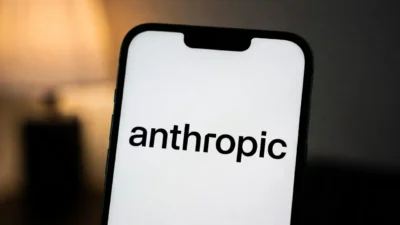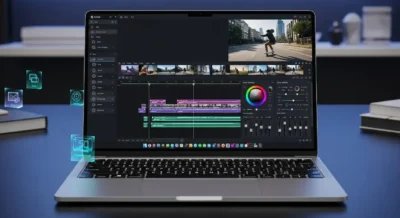Playtonic, the UK-based independent developer and publisher renowned for Yooka-Laylee, has announced a round of staff layoffs. In a statement released on social media, the company cited struggles with “a period of profound change in how games are created and funded” as the primary reason for the difficult decision. The announcement did not specify the exact number of employees impacted by this restructuring.
Further insight into the scope of the layoffs was provided by Playtonic’s brand manager, Anni Valkama. In a LinkedIn post, Valkama shared that affected staff members hail from diverse departments, including production, various art teams, game design, narrative design, and UI/UX design. While Playtonic officially lists around 50 staff on LinkedIn, its expansion into publishing and work on the upcoming Yooka-Replaylee, a remaster of their debut title, suggests the team could be somewhat larger.
The layoffs at Playtonic occur against a backdrop of widespread restructuring and job losses across the broader video game industry. Many developers, large and small, are grappling with evolving funding models, increased development costs, and a competitive market. While the company has not elaborated further, the practice of scaling up teams for a specific project, such as the forthcoming Yooka-Replaylee, and then reducing staff numbers as development nears completion, or even before release in some cases, is a known, if unfortunate, industry pattern. Whether this directly applies to Playtonic’s current situation remains unconfirmed without more information from the studio.
Playtonic was founded by a group of veteran developers, many of whom had previously worked at Rare, the acclaimed studio behind classics such as Banjo-Kazooie and Donkey Kong Country. Yooka-Laylee was successfully crowdfunded on Kickstarter in 2015, pitched as a spiritual successor to those iconic 3D platformers. Beyond its development projects, Playtonic has also cultivated a publishing arm, “Playtonic Friends,” which supports other independent developers and releases titles such as Lil Gator Game and Demon Turf. These games often share a similar charming or retro-inspired aesthetic.
This development at Playtonic underscores the persistent volatility within the game development sector, affecting studios of all sizes as they navigate the changing landscape of creating and selling interactive entertainment.













